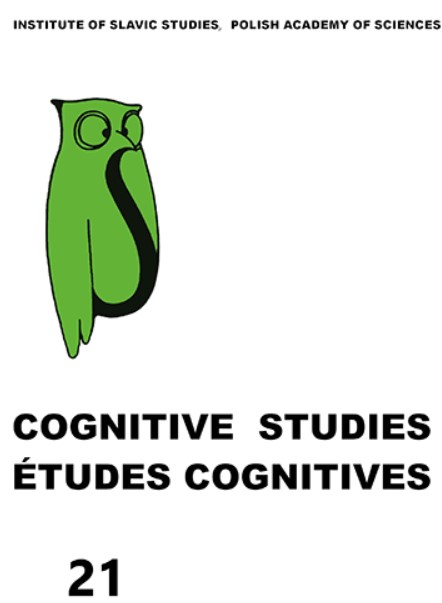Built-in Argument Positions in Bulgarian and Polish
Built-in Argument Positions in Bulgarian and Polish
Author(s): Jakub Lubomir BanasiakSubject(s): Syntax, Lexis, Semantics, Comparative Linguistics, Western Slavic Languages, South Slavic Languages
Published by: Instytut Slawistyki Polskiej Akademii Nauk
Keywords: Bulgarian language; Polish language; contrastive studies; linguistics; semantics; semantic interlanguage; predicate–argument structure; built-in argument; theoretical contrastive studies;
Summary/Abstract: The issue of built-in argument positions is not particularly popular in contemporary Slavic studies. However, some developments have occurred since the introduction of predicate–argument logic in semantic–syntactic studies. This paper focuses not only on theoretical developments but also on conclusions arising from the study of two Slavic languages: Bulgarian (an analytic language) and Polish (a synthetic language). Until now, the issue of incorporating an argument position in the form of a predicative expression has been viewed as a lexical issue. However, both lexical and morphological means can be used to express a type of proposition. The peculiarities of the distinction between word and sentence are also discussed.
Journal: Cognitive Studies | Études cognitives
- Issue Year: 2021
- Issue No: 21
- Page Range: 1-10
- Page Count: 10
- Language: English

